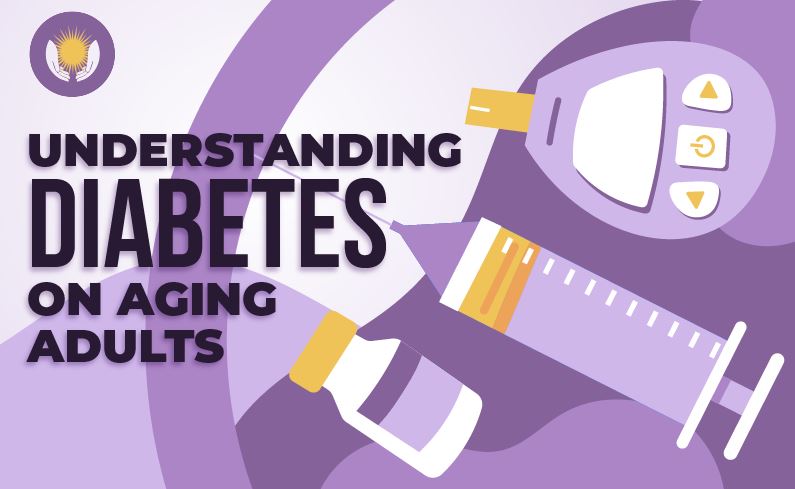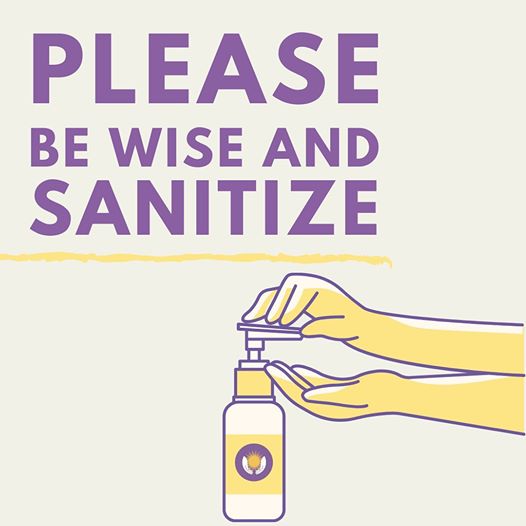Recognizing Signs of Vitamin D Deficiency

Millions of older adults suffer from serious vitamin deficiencies due to a number of reasons. One reason is that as we age, our bodies tend to lose the ability to absorb key nutrients easily and quickly.
Due to this, it makes us more susceptible to illnesses and diseases like heart disease, asthma, multiple sclerosis, osteoporosis, and even cancer!
Although we’re on the cusp of spring, many of us, especially seniors, don’t get enough Vitamin D during the winter months. We spend much less time outdoors getting quality time in the sun, and as a result, need to boost our intake significantly. Unfortunately, not many of us do!
Thankfully, you can get ahead of this and get your and your loved one’s ideal intake of Vitamin D through taking supplements approved by your doctor.
When it comes to how many units you really need to promote bone health, The National Institutes of Health recommend:
600 international units (IU) per day for children and adults up to the age of 70
800 international units per day for adults over the age of 70
Since some physicians say 1,000 IUs a day should be the target for older adults, be sure you’re flagging this with either your own or your loved one’s doctor so that you don’t overdo it.
Recognizing Symptoms of Vitamin D Deficiency
Although the symptoms of vitamin D deficiency can overlap with symptoms of other conditions, it’s critical that you connect the dots and flag any symptom, especially during the winter months when you’re not getting enough sun.
Symptoms include:
- fatigue and weakness
- swelling and pain in bones and joints
- difficulty staying focused
- Swelling in any area of the body
- muscle pain and muscle fatigue
If your older loved one doesn’t get outdoors much, it’s a good idea for the two of you to talk with the senior’s physician about a possible deficiency.
A simple blood test can get your loved one on the track, and although all they’ll need is an extra prescription of Vitamin D, make sure you take into account whether they are deficient in other vitamins and minerals!



Comments